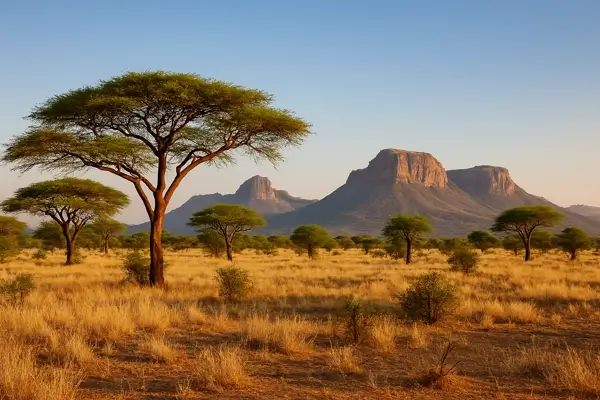
World’s Newest Country – South Sudan became an independent nation on July 9, 2011, making it the youngest country in the world, following a referendum to separate from Sudan.
Diverse Ethnic Groups – The country is home to more than 60 ethnic groups, including major communities like the Dinka, Nuer, Shilluk, and Zande, each with unique languages, customs, and traditions.
Rich in Natural Resources – South Sudan has vast oil reserves, fertile land, and abundant water resources, although much of its potential remains untapped due to ongoing development challenges.
White Nile Flows Through – The White Nile River, one of the two main tributaries of the Nile, flows through South Sudan, providing water for agriculture, fishing, and daily life.
Land of Swamps and Wetlands – South Sudan is home to the Sudd, one of the largest wetlands in the world, crucial for biodiversity and the livelihoods of local communities.
Capital – Juba – The capital city, Juba, is located on the banks of the White Nile and serves as the country’s political and economic center.
Cattle Are Culturally Important – In many communities, especially among the Dinka, cattle are a symbol of wealth, social status, and marriage.
Vibrant Traditional Music and Dance – Despite its struggles, South Sudan has a rich cultural life filled with traditional dances, music, and storytelling, often passed down through generations.
Struggles and Resilience – The country has faced significant conflict and humanitarian challenges, but its people show great resilience, community spirit, and a drive toward peace and development.
Natural Beauty and Wildlife – South Sudan has untouched wilderness, including national parks like Boma and Bandingilo, home to elephants, giraffes, antelope, and one of the world’s largest animal migrations.
